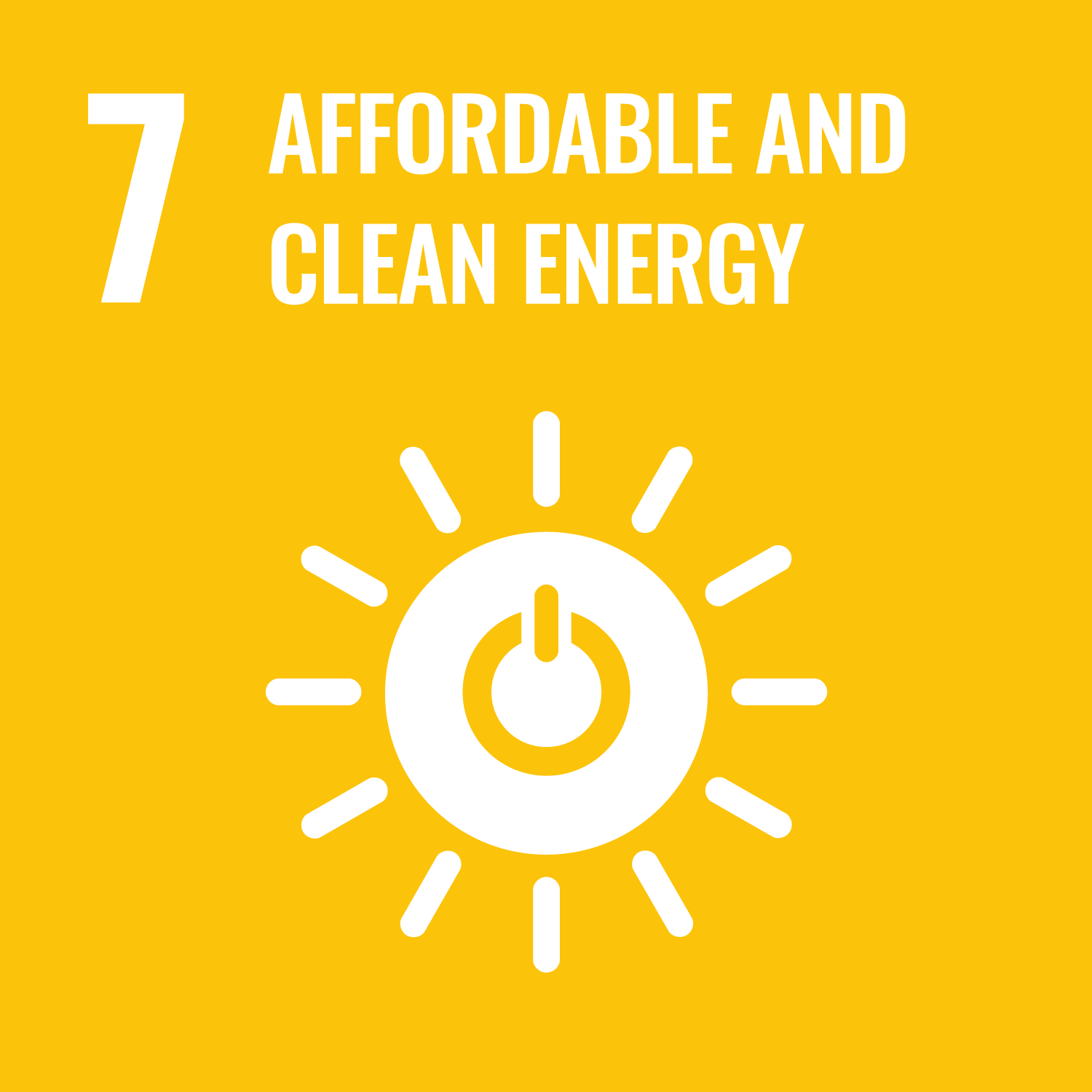ORCID
- Gina Kallis: 0000-0002-6872-7156
- Ian Bailey: 0000-0002-6865-8306
Abstract
Islands have attracted growing attention as sites of renewable energy generation, both for generating commercial low-carbon energy and to improve local energy conditions. However, significant challenges exist in achieving fair distribution in the benefits and costs of developments located on or around islands and in engaging local communities on proposals for installations. A broad literature exists on the merits of different community engagement techniques but important gaps remain in understandings of the particular challenges of engaging with island communities on energy issues. Based on a thematic literature review, this article examines general principles and considerations for community engagement on energy developments, features of islands that can affect community engagement, and how past engagement processes have sought to encourage community participation, gain trust, and manage conflicts over developments. The review indicates that island communities appeared to be particularly concerned with ensuring that engagement processes give adequate priority to securing local benefits and incorporate credible mechanisms for managing intra-community conflicts. The article concludes by arguing that islands provide important arenas for testing not just new energy technologies but also ways to improve the integration of justice principles into community engagement on energy issues.
DOI Link
Publication Date
2021-01-01
Publication Title
Energy Research and Social Science
Volume
57
ISSN
2214-6296
Acceptance Date
2021-08-12
Deposit Date
2024-08-09
Funding
INTERREG Channel, Intelligent Community Energy (ICE) project, Grant Agreement Number 5025.
Keywords
Islands, Community, Energy transitions, Engagement, Trust, Managing conflict
Creative Commons License

This work is licensed under a Creative Commons Attribution 4.0 International License.
First Page
285
Last Page
285
Recommended Citation
Kallis, G., Stephanides, P., Bailey, E., Devine-Wright, P., Chalvatis, K., & Bailey, I. (2021) 'The challenges of engaging island communities: Lessons on renewable energy from a review of 17 case studies', Energy Research and Social Science, 57, pp. 285-285. Available at: 10.1016/j.erss.2021.102257



